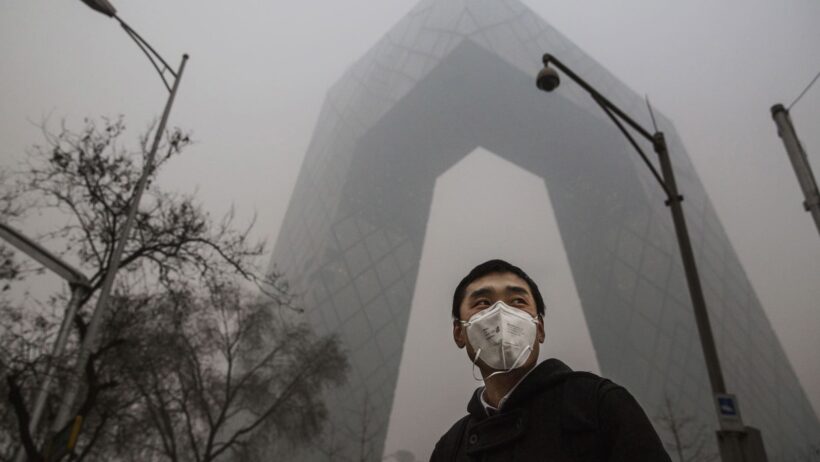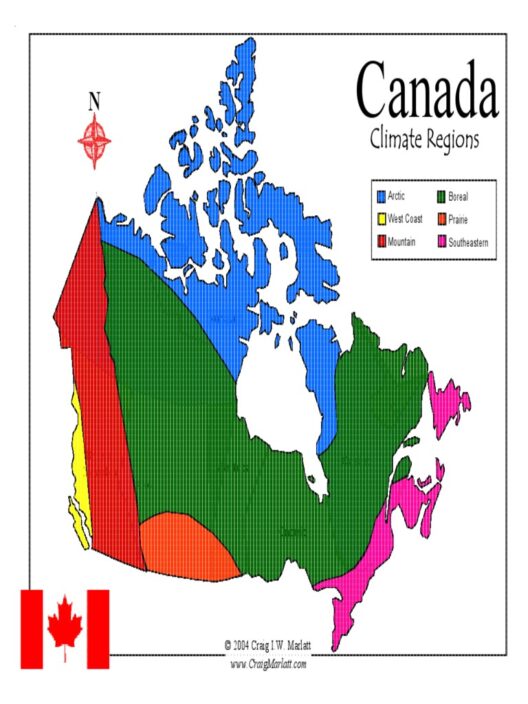The Paris Climate Agreement stands as a pivotal accord in the battle against climate change, fostering a global commitment to a sustainable future. Established in 2015 during the United Nations Framework Convention on Climate Change (UNFCCC) in Paris, this landmark treaty seeks to unify nations around a common cause: limiting global warming to well below 2 degrees Celsius above pre-industrial levels while pursuing efforts to limit the temperature increase to 1.5 degrees Celsius. But what does this mean for countries, communities, and the planet at large? And if we collectively fail to uphold its principles, what challenges loom ahead?
Underpinning the successes of the Paris Agreement is a sense of urgency and collaboration. The undeniable truth is that climate change poses a formidable challenge to humanity. From severe droughts and devastating hurricanes to rising sea levels, the consequences of inaction are profound. But the agreement encourages hope through its framework. It establishes a system of national commitments, known as Nationally Determined Contributions (NDCs), whereby each country sets its targets to reduce greenhouse gas emissions based on its unique context and capabilities. This personalized approach seeks to engage every nation, from industrial powerhouses to developing economies, thereby fostering a sense of ownership and accountability.
Nevertheless, how do we measure ambition in this climate of voluntary commitments? Each nation’s NDC is subject to review every five years, necessitating that they become bolder over time. The expectation is that nations will evaluate their progress and enhance their commitments in a bid to meet the overarching goals of the accord. The challenge lies not just in meeting these commitments but in the transparency and optimism required to drive public accountability. Can nations rally their citizens around climate action robustly enough to catalyze the changes that must occur?
The importance of the Paris Agreement cannot be overstated. It serves as a framework around which multiple aspects of climate diplomacy coalesce and evolve. The agreement reinforces several vital principles that are integral to effective climate action.
Equity and Climate Justice
One of the cornerstones of the Paris Agreement is the notion of equity. It recognizes that different countries bear varying responsibilities and capabilities in combating climate change. More developed nations, which have historically contributed the most to greenhouse gas emissions, are expected to provide financial and technological support to developing countries. This support is crucial, enabling nations with fewer resources to adapt to the impacts of climate change and transition to low-carbon economies. The question arises, however: are wealthy nations doing enough? If they falter in this responsibility, how will it affect vulnerable populations already grappling with environmental disasters?
Global Solidarity
The principle of global solidarity is reinforced by the Paris Agreement, encapsulating the idea that climate change is a collective challenge requiring unified action. Governments, businesses, and civil society must become stakeholders in this fight. Collaborations through initiatives like the Carbon Neutrality Coalition aim to mobilize partnerships across sectors and borders, yet there remains skepticism. Will businesses prioritize their bottom line or the planet in the years to come? The weight of this question lies heavily on the shoulders of decision-makers.
Innovations and Solutions
Central to the agreement’s objectives is fostering innovation for climate solutions. The ongoing development of renewable energy technologies, sustainable agricultural practices, and energy-efficient infrastructures are paramount. By investing in research and development, countries can pave the way towards decarbonized societies. However, the timeline for realizing these innovations and the compatibility of emerging technologies with existing systems pose significant challenges. Are we innovating quickly enough to avert catastrophe, or are we risking inertia driven by bureaucracy and economic interests?
Navigating Political Landscapes
The political landscape surrounding climate change is fraught with complexities. The Paris Agreement requires robust political will to translate commitments into action. The agreement includes monitoring and evaluation mechanisms to enhance transparency, yet the effectiveness of these mechanisms largely depends on the political climate within each country.
Moreover, recent events have shown that political shifts can drastically alter commitment levels. For instance, the temporary withdrawal of certain countries from the agreement demonstrated how vulnerable our collective endeavor is to domestic politics. How can nations foster resilience against these fluctuations to ensure continuity in climate leadership?
Conclusion: The Stakes at Hand
The stakes are high. The challenges posed by climate change will not simply fade away. The Paris Climate Agreement offers a unified pathway forward, yet the effectiveness of this treaty is inextricably linked to the actions of all stakeholders. The world has already begun to witness the unfolding effects of climate change, making it imperative for countries to act decisively and collaboratively.
Will we find the tenacity to meet and exceed our commitments under the Paris Agreement? Or will we succumb to complacency and procrastination? As society grapples with these questions, the push for accountability, equity, and innovation becomes even more critical. The future of our planet hinges on these choices—navigating the complexity of climate change requires resilience, ingenuity, and above all, unwavering global commitment.








